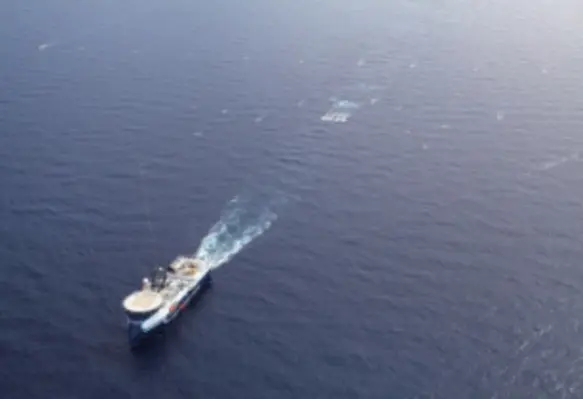Ardiseis, subsidiary of the Arabian Geophysical and Surveying Company (ARGAS), and its technology partner, CGG, have completed the world’s highest-density broadband seismic survey for onshore and offshore
The ultra-high density of the data recorded on the West-Kalabsha survey on behalf of Apache Corporation (Apache) aims to take the quality of seismic that a step forward. According to CGG, this can be economically acquired in Egypt’s Western Desert and is a quantum leap in imaging for the Middle East and North Africa (MENA) region.
Apache aims to deliver reservoir characterisation-ready broadband seismic data from a 2,000 sq km, ultra-dense survey, representing 72mn traces per sq km, which is two-to-three times denser than any survey acquired to date worldwide.
To achieve the ultra-high productivity acquisition required to produce the data at a comparable pace and cost to conventional land acquisition, Ardiseis deployed CGG’s unconstrained blended acquisition technology in Egypt. This technique optimises field operations to the extreme, with a large fleet of vibrators operating simultaneously and independently from each other non-stop.
In addition, Ardiseis used CGG’s broadband suite of technologies, CleanSweep™ and EmphaSeis™, to acquire the required low-frequency-rich broadband data, which is free of the harmonic noise contamination that has so far hindered industry adoption of true broadband high-productivity Vibroseis acquisition.
Joe Versfelt, Apache’s Egypt region exploration manager, said, “Since Apache was awarded the West Kalabsha concession in 2004, 19 oil fields have been discovered and production capacity is currently over 55,000 bpd and growing. However, the large volume of 3D seismic data Apache has acquired over the years has limitations for imaging some structures, faults and stratigraphy.”
“Apache saw the potential of new land broadband 3D technology to deliver a quantum leap in imaging and resolution as well as our ability to take advantage of the most advanced quantitative interpretation technologies. Our focus was to reduce risk in existing plays, develop new prospects and potentially discover new plays,” he noted.
Jean-Georges Malcor, CEO of CGG, added that the technology aims to acquire affordable high-fidelity data that can be used for both exploration and field development purposes on a large scale. The benefits include reduced costs, increased chances of identifying secondary prospects, efficient field development plans and earlier returns on investment.







